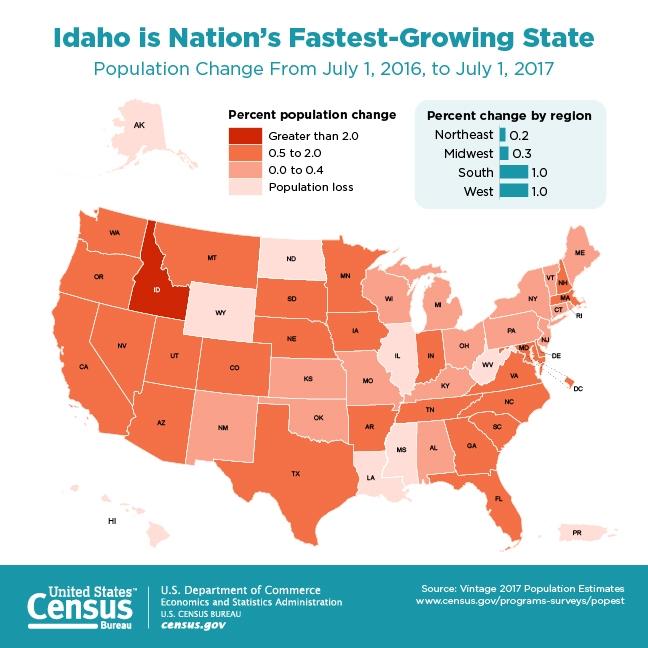
 1
1




 4
4




Michael Sohocki wrote:Here we spend the vast majority of our energy costs not on incurring energy, but in getting bloody rid of it!
Michael Sohocki wrote:So my question to the constituency is, why the hell are we on the stupid end of this rifle?




Travis Johnson wrote: Due to the higher cost of energy though, a shift to the center of the country is happening

Idle dreamer
 3
3




I make a Maple Syrup instructional movie! Check it out HERE
SKIP books, get 'em while they're hot!!! Skills to Inherit Property
See me in a movie building a massive wood staircase:Low Tech Lab Movie
 1
1




“The most important decision we make is whether we believe we live in a friendly or hostile universe.”― Albert Einstein




Sometimes the answer is nothing





Living a life that requires no vacation.
 4
4





 1
1




Michael Sohocki wrote: .....since--we are such geniuses, why have we made so little progress in formulating a collective understanding of how humans ought to live? Not just me, but my entire society is out here getting our heads beat in by blazing sun, as we staunchly refuse the lesson of the scorpion. Our brightest and bravest.
I'm tired of hearing the 'too little information' argument. The ocean is so big, and my boat is so small, ya ya ya. Wilbur and Orville Wright were small. Jacques Cousteau was small. Steve Jobs was small. They each cracked open their relative worlds and yielded its tiny bits. And people flooded after them like the Pied Piper of Hamlin.
Is our revelation here less...I don't what...
interesting...than flight?
“The most important decision we make is whether we believe we live in a friendly or hostile universe.”― Albert Einstein




 3
3




A human being should be able to change a diaper, plan an invasion, butcher a hog, conn a ship, design a building, write a sonnet, balance accounts, build a wall, set a bone, comfort the dying, take orders, give orders, cooperate, act alone, solve equations, analyze a new problem, pitch manure, program a computer, cook a tasty meal, fight efficiently, die gallantly. Specialization is for insects.
-Robert A. Heinlein
 2
2




Argue for your limitations and they are yours forever.




 3
3




 1
1




Michael Sohocki wrote:
The point of my topic is that the solutions to a lot of the damage we cause as a species are readily available, by now well researched, and doable.
..........
What frustrates me is that we live in a culture where the solutions exist, are reachable, and would benefit every species--including our own--if we would only do them--collectively. But we don't.
“The most important decision we make is whether we believe we live in a friendly or hostile universe.”― Albert Einstein
 2
2




Michael Sohocki wrote:
Apartment complexes come in over a hundred units now and it is not only possible but likely that no two are connected by anything resembling village-ness.
Sometimes the answer is nothing

 3
3




A human being should be able to change a diaper, plan an invasion, butcher a hog, conn a ship, design a building, write a sonnet, balance accounts, build a wall, set a bone, comfort the dying, take orders, give orders, cooperate, act alone, solve equations, analyze a new problem, pitch manure, program a computer, cook a tasty meal, fight efficiently, die gallantly. Specialization is for insects.
-Robert A. Heinlein




Standing on the shoulders of giants. Giants with dirt under their nails








Standing on the shoulders of giants. Giants with dirt under their nails




 1
1




Michael Sohocki wrote:
All of these solutions cost money of course. And we're back to the circumstance discussion.
“The most important decision we make is whether we believe we live in a friendly or hostile universe.”― Albert Einstein

|
Don't play dumb with me! But you can try this tiny ad:
Fed up of Silicon Valley Social Media? Join Retalk, the place of great conversation
http://retalk.com
|







